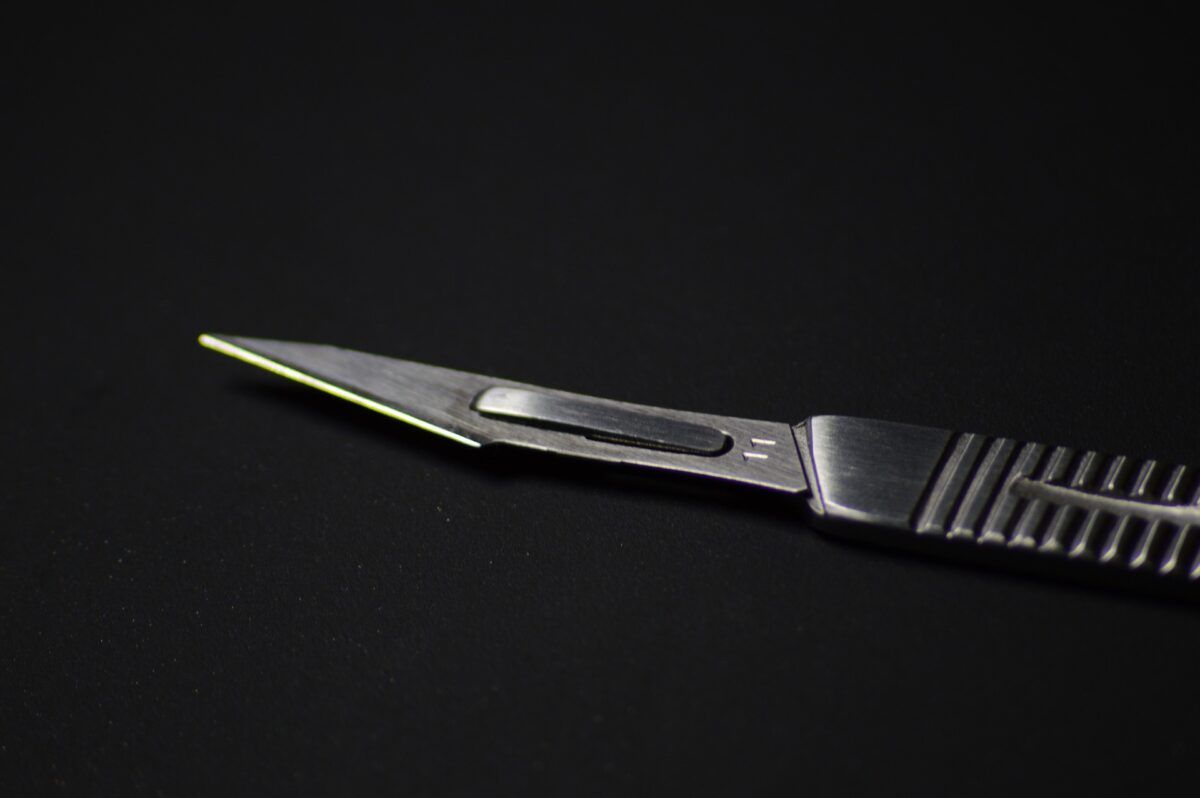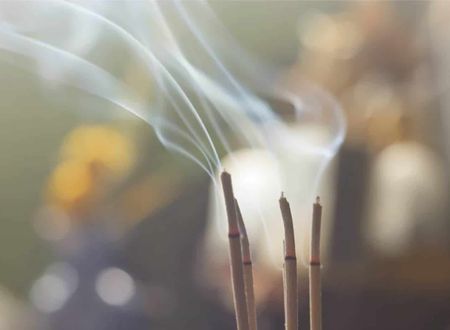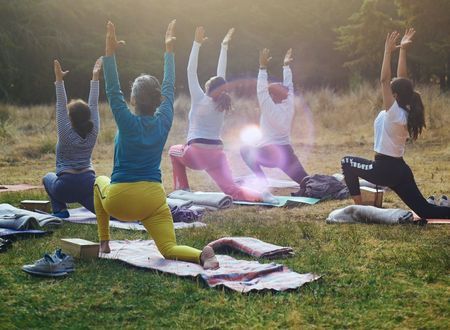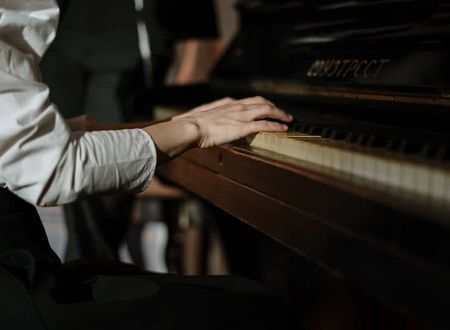Becoming a Doctor, was not something I had dreamed of as a child. The idea of becoming a doctor seemed revolting. The most predominating reason being that a doctor’s almost constant companions are sickness and death. After all, who wants to be around sick people, and who wants to see death? But some things in our lives are probably predestined, leading us to make certain decisions, even without our conscious knowledge. Thus I became a doctor, albeit a reluctant and timid one.
About a few months back, I had the great fortune to work under a remarkable surgeon who is a legend in the field of laparoscopic (key-hole) surgery. Being with him was an eye-opening experience for me, not only in understanding the fine art of operating, but also extrapolating these lessons into the Art of Living. So let me elucidate the lessons I have learnt. Maybe they will be of some help to you, even though you may not have to operate, they may help you in the Art of Living.
The first lesson I learnt is to Be Bold. Surgery is not for the faint hearted. But then neither is Life. To live life to the fullest, one has to be bold enough to face every challenging situation. Of course, experience makes one more confident to face challenges. But then life is full of surprises, and so is surgery. So, ultimately, it is the belief in oneself, and trust in the higher power beyond us, that helps one deal with the situation calmly. Boldness is not to be mistaken for confidence, or rather over-confidence. There is a very thin line bordering the two. Over-confidence only leads to carelessness which creates unnecessary complications. So every tricky situation is to be dealt with calmness and utmost care.
That brings me to the next life lesson. Calmness. Never panic. In surgery or in life. Panic clouds one’s judgement and ability to take the right decision. If in doubt, just take a deep breath and relax. There is almost always a solution to every problem. And it will come to you. From your own intuition. Only if you are calm and receptive enough to understand it.
Never hesitate to seek help. Sometimes situations go beyond our control. It is OK to admit that everything is not OK. In surgery, inadvertent complications happen. Sometimes, it becomes necessary to seek help, maybe from seniors or from other specialities. So never let your ego get the better of you. In life too, there may come a point when things are no longer in your control. It’s OK to seek help. It does not mean that you are not good enough. It just means that now you use a little help and with that you will be able to make the best of the situation.
Respect. The best surgeon is one who respects the tissues he is operating upon. To perform a clean surgery, it is of utmost importance that due respect and recognition is given to tissues, and their planes are maintained. Do I need to elaborate on the need to respect our fellow beings?
Humility. A good surgeon never yells at his assistants no matter how tough the surgery is or how bad the assistant is. Now, thats quite difficult practically. Sometimes the stress gets too much and one tends to shout. It’s OK to point out their mistakes and instruct them regarding what and how they are supposed to assist. Shouting never helps. It only makes the assistant more nervous and prone to repeat his mistakes. Understand that the assistant is doing his job to the best of his capacity, and so be patient. Try to teach them help you better. In life too, understand that the people around you are doing the best of what they can do, even though it may not be the best for you. Be humble. Respect them, if they are doing a bad job, try explaining, but never shout at them or hurt them.
Gratitude. In the end, if the person operated upon is doing well, it doesn’t matter how difficult the surgery was or how much time it took. In life too, all that really matters in the end, is whether the challenges you have gone through have made you a better person.









Comments & Discussion
12 COMMENTS
Please login to read members' comments and participate in the discussion.